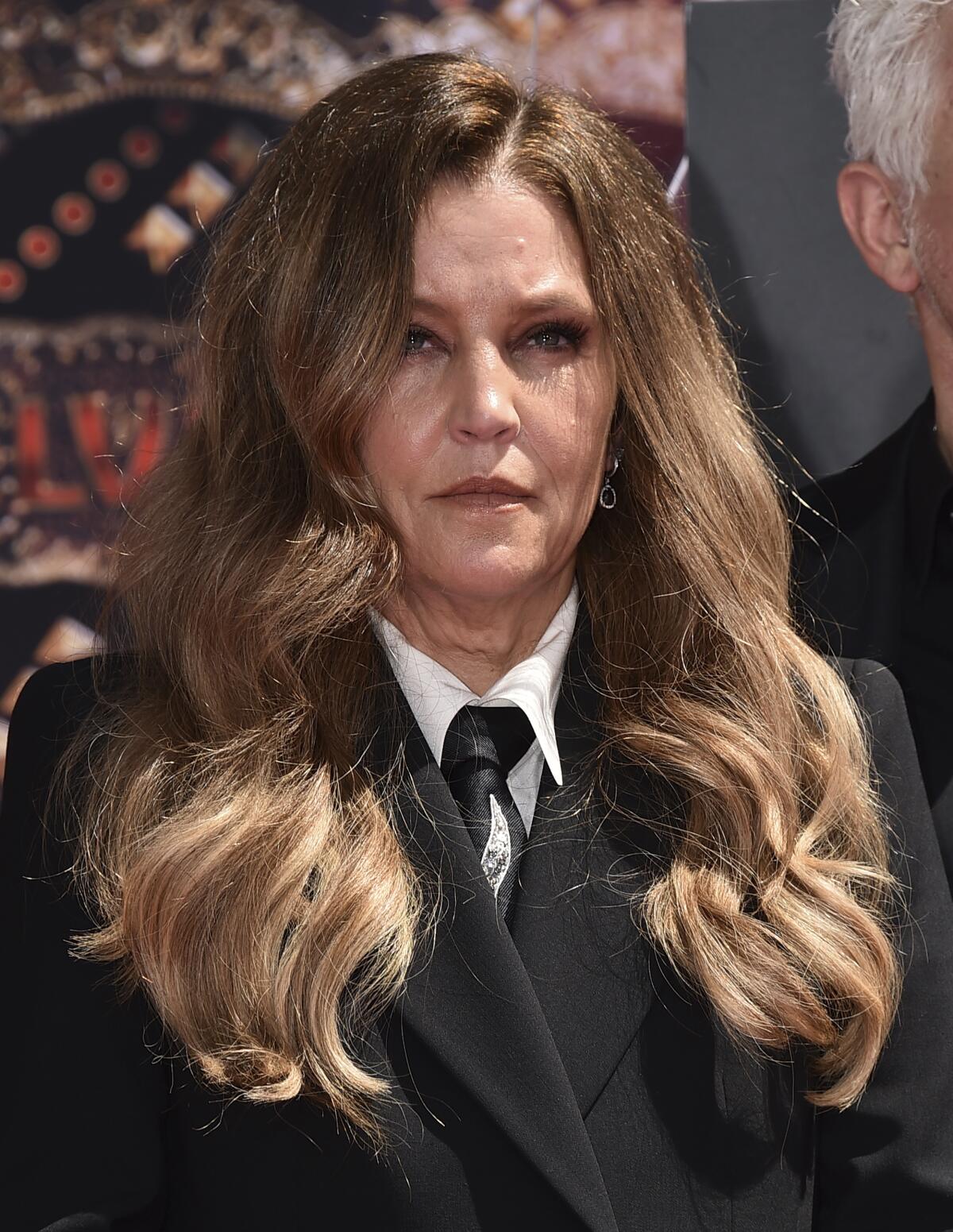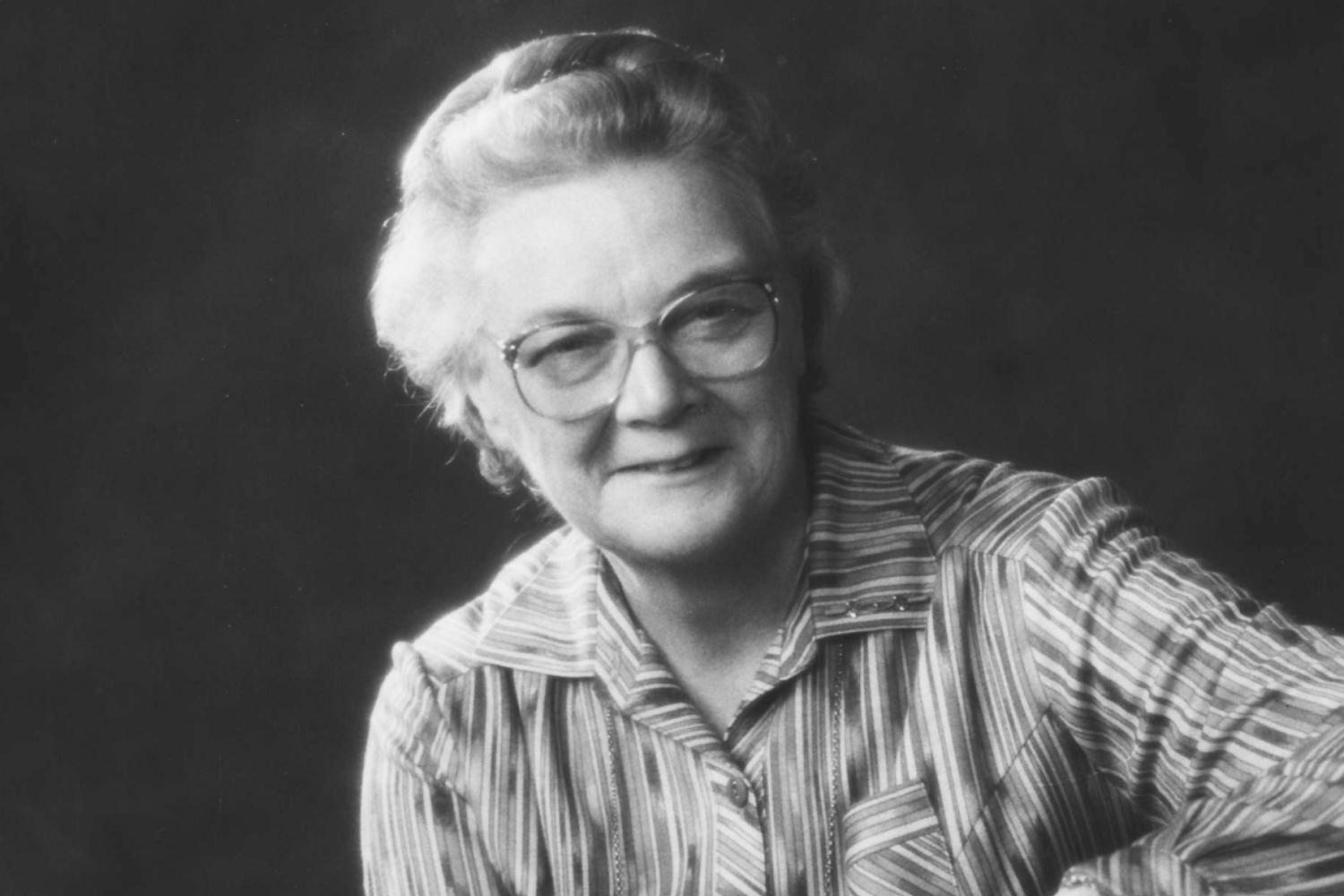
Introduction
Ian Byrne is a prominent figure in the realm of social justice and community advocacy in the UK. As a Labour MP for Liverpool West Derby, his passionate approach towards creating a more equitable society has made significant waves within local communities and the broader political landscape. Given the current social challenges exacerbated by the economic climate, Byrne’s work has gained even more importance in recent years.
Political Career and Initiatives
Ian Byrne was elected to Parliament in December 2019. Since then, he has been a vocal proponent for various issues, including tackling poverty, promoting education, and enhancing public health. One of his key initiatives has been the “End Hunger UK” campaign, which seeks to eradicate food poverty and ensure that no one in Britain goes hungry.
Byrne’s advocacy extends beyond individual initiatives. He has actively participated in debates concerning housing security, mental health support, and workers’ rights. In addition to his parliamentary work, Byrne is known for engaging directly with constituents, holding regular meetings to understand their needs and drive policies that address those concerns.
Recent Developments and Community Engagement
In light of the ongoing economic pressures facing many households due to the rising cost of living, Byrne has intensified his focus on social welfare programs and community support schemes. He has recently proposed several measures to the local council aimed at increasing funding for food banks and mental health services, responding to the needs expressed by constituents.
Byrne has also been involved in initiatives aimed at increasing community cohesion. By collaborating with local organisations, he aims to create platforms where residents can voice concerns, participate in discussions, and contribute to solutions that work for their communities. Such grassroots engagement is essential for building trust and ensuring that elected representatives truly reflect the will and needs of their constituents.
Conclusion
As Ian Byrne continues his journey as an advocate for social change, his work underscores the vital role of politicians in addressing societal issues. His initiatives not only aim to improve policy but also foster a sense of community and belonging among constituents. Moving forward, it is anticipated that Byrne will continue to expand his efforts, pushing for a more humane and just society as he champions the needs of those he represents. For readers, Ian Byrne’s story is a reminder of the impact of grassroots activism within the political sphere and the importance of holding elected officials accountable to the communities they serve.
You may also like

Marie Hobinger: A New Force in Environmental Activism

Baroness Longfield: A Voice for Children in the UK

David Lammy: Championing Justice and Equality in Politics
SEARCH
LAST NEWS
- Remembering Wendy Richard: The Promise to Co-Star Natalie Cassidy
- How Did Anglian Water Achieve an ‘Essentials’ Rating for Mental Health Accessibility?
- Shai Hope Leads West Indies in T20 World Cup Clash Against South Africa
- What We Know About Weston McKennie: Future at Juventus and Past at Leeds
- What We Know About the Upcoming Live Nation Antitrust Trial